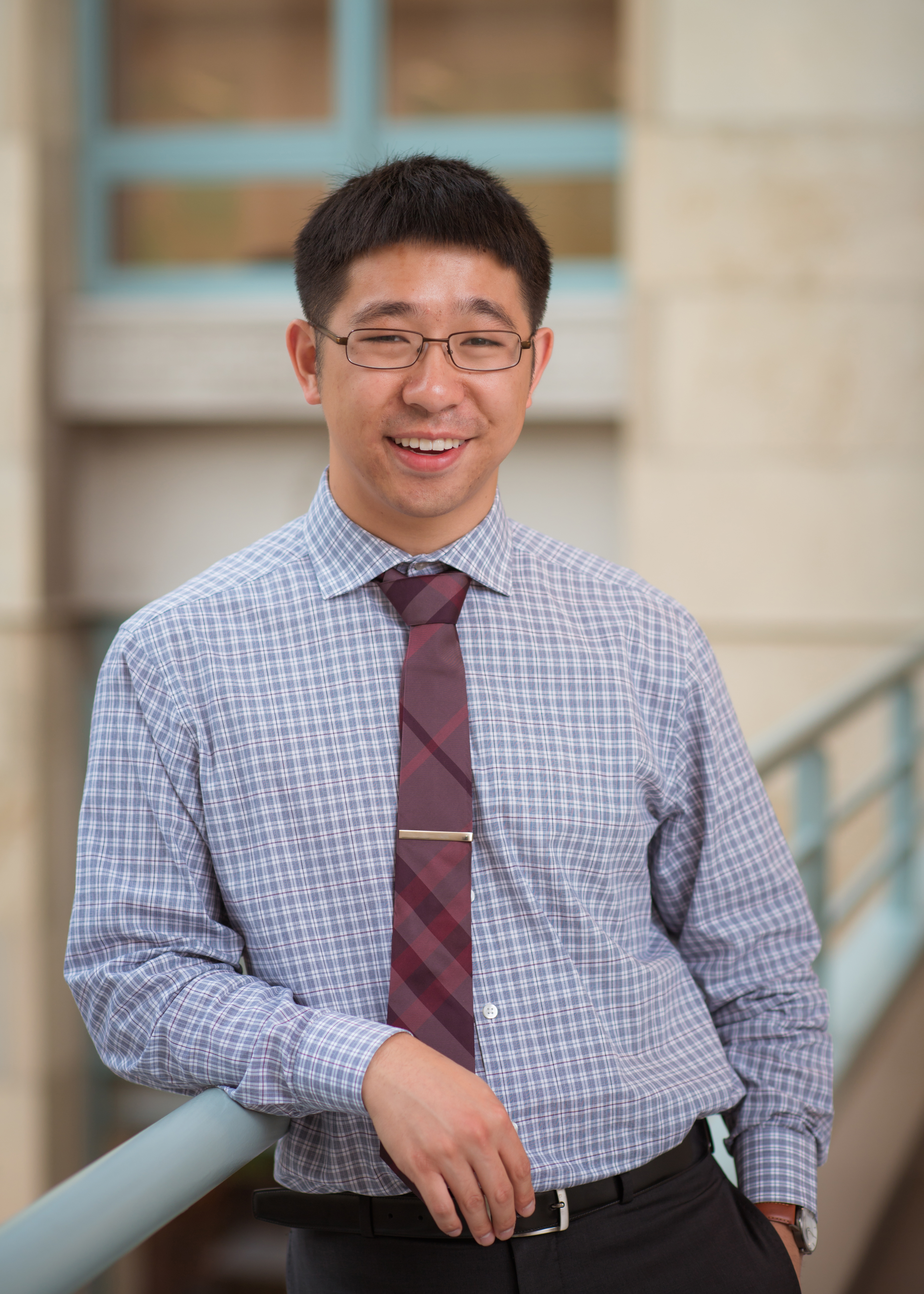Answering the question “what are your goals in medicine?” or other variants of discussing your potential future career can be daunting. After all, isn’t one of the main points of medical school to figure out where you see yourself fitting in for medicine? Many of us, including myself, went into the application cycle with a whole range of potential paths, built upon our own shadowing experiences and mentor figures we admired. How can you be sure what specialty or career path you see yourself going into prior to even getting the experience you need to make that decision?
It's important to remember that having a definitive answer for what you want to do isn’t the goal of this essay. Rather, it’s a chance for you to demonstrate two critical things:
- What are your key motivations for going into medicine?
- Have you thought carefully about your motivations for going into medicine? And have you effectively explored your options at this point in time?
What is a “goal” in medicine?
The phrasing is purposefully vague and in many cases allows you to tackle this prompt on from a variety of angles. You can either express interest in a specific career path (e.g. physician-scientist at an academic medical center) or a broader line of word (e.g. interested in working in health equity in a public health setting). The only limitation here is that you want to make sure your response actually answers every aspect of the specific prompt, since schools may ask for slightly different facets of your goals.
It’s okay if you haven’t figured everything out yet
Most schools do not expect you to know exactly what you want to do, nor are your responses here binding. While your goal should be to discuss something tangible (a career path, a mission, etc), you don’t need to establish a specific timeline or plan for how you plan to achieve those goals. There are a few exceptions to this (NYU Long Island requires you to specify which residency you want to go into), so just be sure to double check the specifics of the medical school you’re writing the essay for.
Create a story that grows out of your experiences and values
The admissions committee should be able to read your application, learn about your experiences and values, and say, “oh that makes sense” when they read about your goals. If a huge portion of your experiences include community outreach and you have limited research experience, it’d turn a few heads if you then write about wanting to do biomedical or translational research. Medical school essays are about storytelling; your personal growth and motivations are the key players in that story, so your goals should be a natural extension of the story you are trying to tell.
Customize it to the school.
One of the key goals of this essay is also to demonstrate that your passions and goals are a good fit for the school you’re applying to. It’s worth spending a reasonable amount of time (at least 30 minutes) to researching ongoing initiatives, specific programs, research centers, etc. at the school and its affiliated hospitals to see what opportunities there are that are aligned with your goals. Medical schools look for students who will help enrich and drive their learning environment, so being able to mention specific unique aspects of their program help make you stand out. In the long run, being aware of aspects of the school that you think will uniquely benefit your own training will also be instrumental for helping you choose which school you want to go to.
In Summary
The “goals in medicine” essay plays an essential role in establishing who you are and how you might contribute to the medical school’s environment. Keeping in mind the points described will help you craft a response that’s unique to your personal experiences and stand out amongst other applicants. Good luck!

Comments